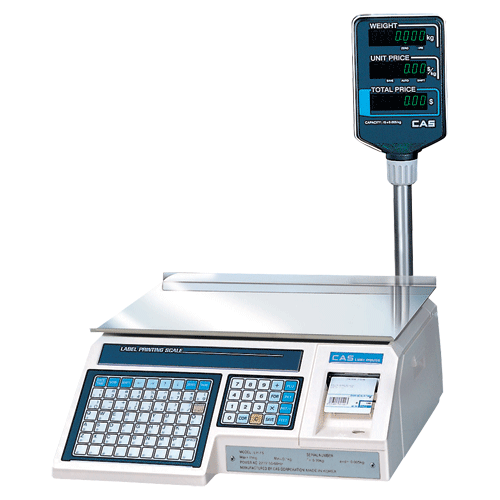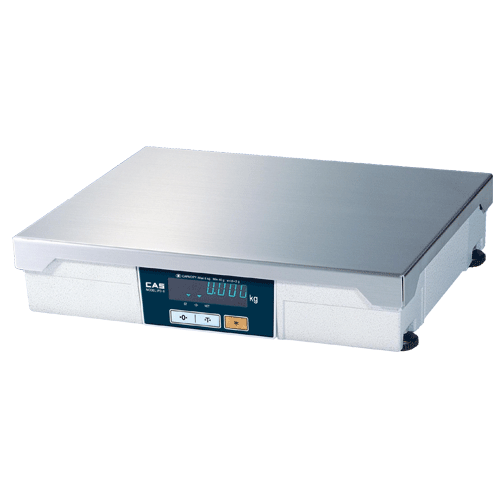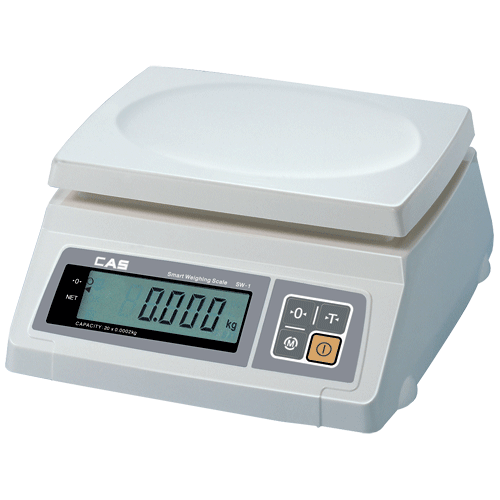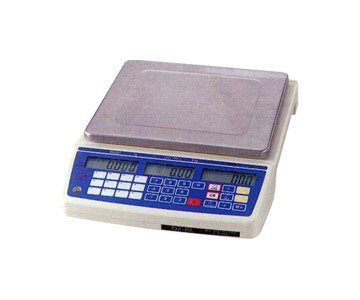Weigh scales, also known as weighing scales or simply scales, are devices used to measure the weight or mass of an object. They are commonly used in various industries and applications, including retail, food service, manufacturing, healthcare, and shipping. Here are some key features and types of weigh scales:
1. **Digital vs. Mechanical Scales**:
– **Digital Scales**: Digital scales use electronic sensors to measure weight and display the results digitally on a screen. They offer greater accuracy, precision, and ease of use compared to mechanical scales. Digital scales may include features such as tare function, unit conversion, and weight memory.
– **Mechanical Scales**: Mechanical scales use springs or levers to measure weight and display the results on a dial or scale. While less precise than digital scales, mechanical scales are often more durable and reliable in harsh environments. They do not require batteries or electrical power, making them suitable for outdoor or remote locations.
2. **Types of Weigh Scales**:
– **Bench Scales**: Bench scales are designed for use on a flat, stable surface such as a countertop or workbench. They are commonly used in retail, food service, and light industrial applications for weighing items such as produce, ingredients, and small packages.
– **Floor Scales**: Floor scales are large, heavy-duty scales used for weighing bulkier or heavier items such as pallets, drums, and large containers. They are typically placed directly on the floor and may include ramps for easy loading and unloading.
– **Counting Scales**: Counting scales are used to accurately count large quantities of small, uniform items such as screws, bolts, or coins. They use a sample weight to calculate the quantity of items based on their weight.
– **Medical Scales**: Medical scales are designed for use in healthcare settings such as hospitals, clinics, and doctor’s offices. They are used to measure the weight of patients and may include features such as BMI calculation, height measurement, and wheelchair accessibility.
– **Hanging Scales**: Hanging scales, also known as crane scales or suspended scales, are used to weigh items suspended from a hook or strap. They are commonly used in industrial and commercial settings for weighing heavy or oversized objects such as livestock, luggage, or construction materials.
3. **Capacity and Accuracy**:
– Weigh scales are available in a wide range of capacities, from a few grams or ounces to several tons or kilograms. The capacity of the scale determines the maximum weight it can measure accurately.
– Accuracy refers to the precision and reliability of the scale’s measurements. High-precision scales are capable of measuring weight with greater accuracy and consistency, making them suitable for applications where precise measurements are essential.
4. **Calibration and Maintenance**:
– Weigh scales require regular calibration and maintenance to ensure accurate and reliable measurements. Calibration involves adjusting the scale to account for any deviations or inaccuracies in its readings.
– Maintenance tasks may include cleaning the scale, checking for wear and tear, and replacing worn components such as batteries, sensors, or load cells.
Overall, weigh scales are essential tools for businesses and industries that require accurate and reliable weight measurements. By choosing the right type of scale for their specific needs and ensuring proper calibration and maintenance, businesses can optimize their operations and improve efficiency.
Weigh Scales
Weigh Scales
Weigh Scales
Weigh Scales
Weigh Scales
Weigh Scales
Weigh Scales
Weigh Scales
Weigh Scales









